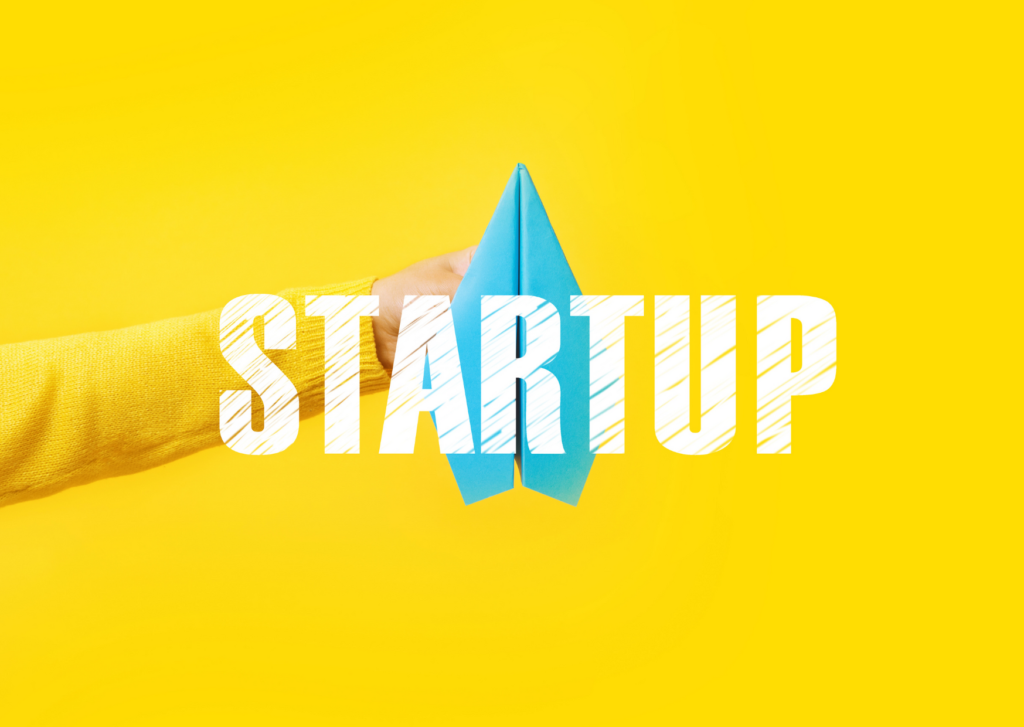A millennial should do 3 things: to launch a startup, to record a podcast, and to burn out. This is just a joke, but in fact, it doesn't matter which generation you belong to — the rules of the game apply to everyone.

What is a startup: clarifying the concept
As practice shows, people do not always mean the same thing by the word startup. On the Web, you also can find a lot of definitions.
Stephen Blank defines startups as structures looking for a business model that can be replicated and scaled in the future. Another definition is given by Eric Rees, the author of "Lean Startup". This is what an entrepreneur calls an organization that creates a product in complete uncertainty. Venture capitalist Paul Graham and the founder of PayPal believe that only a fast-growing company can be called a startup. Based on these conclusions, the following definition can be given:
a startup is a start-up business with a new (most often technological) idea and a promising business model.
How to get funding for a startup
Where there is a startup, there are investors. New ideas need financial support, and people from "serious business" don’t mind giving a couple of million to young entrepreneurs to get their own Airbnb in the end. However, not everyone on the contact list has Roman Abramovich's number, so we have to look for other ways.
There are several options where to find funding for an idea that will change the world.

FFF (friends, family, and fools)
Friends, family, and fools are the investors in most early-stage startups. Often, creators use their own or credit funds to launch a minimally working product (MVP) and test the business model. More serious investors are willing to invest in a working business model.
Business angels
These are private investors who support the startup not only financially, but with expert assistance as well. If you are lucky, you can get a business angel in the early stages — even before creating an MVP. Probably, the amount of investment will not be so large, but business angels can help with connections and experience.
Business accelerators
These are special programs that are ready to support interesting ideas. Business accelerators launch technology parks, corporations, universities, and venture capital funds around the world. Such programs help startups scale and launch their products to the market.
Venture capital funds
This is a source of large investments, but it is not easy to get the respect and trust of the fund. There are high requirements for startups: before financing, you will have to go through several formalized stages of expertise and evaluation. Usually, the money is received by working and fast-growing projects.
What to start with

The first thing a startup should do is analyze and test the idea. Conduct audience research to understand whether the product is needed by the market, and how the project will generate money in the future.
The next stage is akin to the discovery phase. Because here the requirements for the functionality of the future product are also fixed, and the cost of work is estimated. At the current stage, it is important to calculate the unit economy. Create a Customer Journey Map- a map of the consumer's interaction with the product. It demonstrates the customer's movement to the product, identifies problem points, and helps to increase loyalty and increase sales.
At this stage, it is already important to co-operate with the development team. Professionals will make a correct estimate of the cost and volume, and make a technical task.
A new stage is the beginning of development. Here, questions about the stack of technologies used are resolved, and roles in the team are defined. The work starts with a prototype, and then an MVP is created.
When the minimum working product is ready, it is offered to test users. This allows you to get feedback and understand what needs to be improved and corrected.
When all the corners are smoothed out, the startup will have a real product that will change the lives of users once and for all. The only problem here is that the target audience doesn’t know about it yet. It's time to involve marketing to get the maximum audience's attention.
If the product works properly, grows, and is liked by users, it's time to think about a plan to conquer the world. The next step will be scaling — continue to improve and develop the project, while focusing on increasing profits.
Remember that a successful startup requires a strong and reliable team of developers because their activities will not end at the launch of the product. It is important to provide technical support, refine functionality, and release updates. Then your project will grow from a startup and become a cool product.